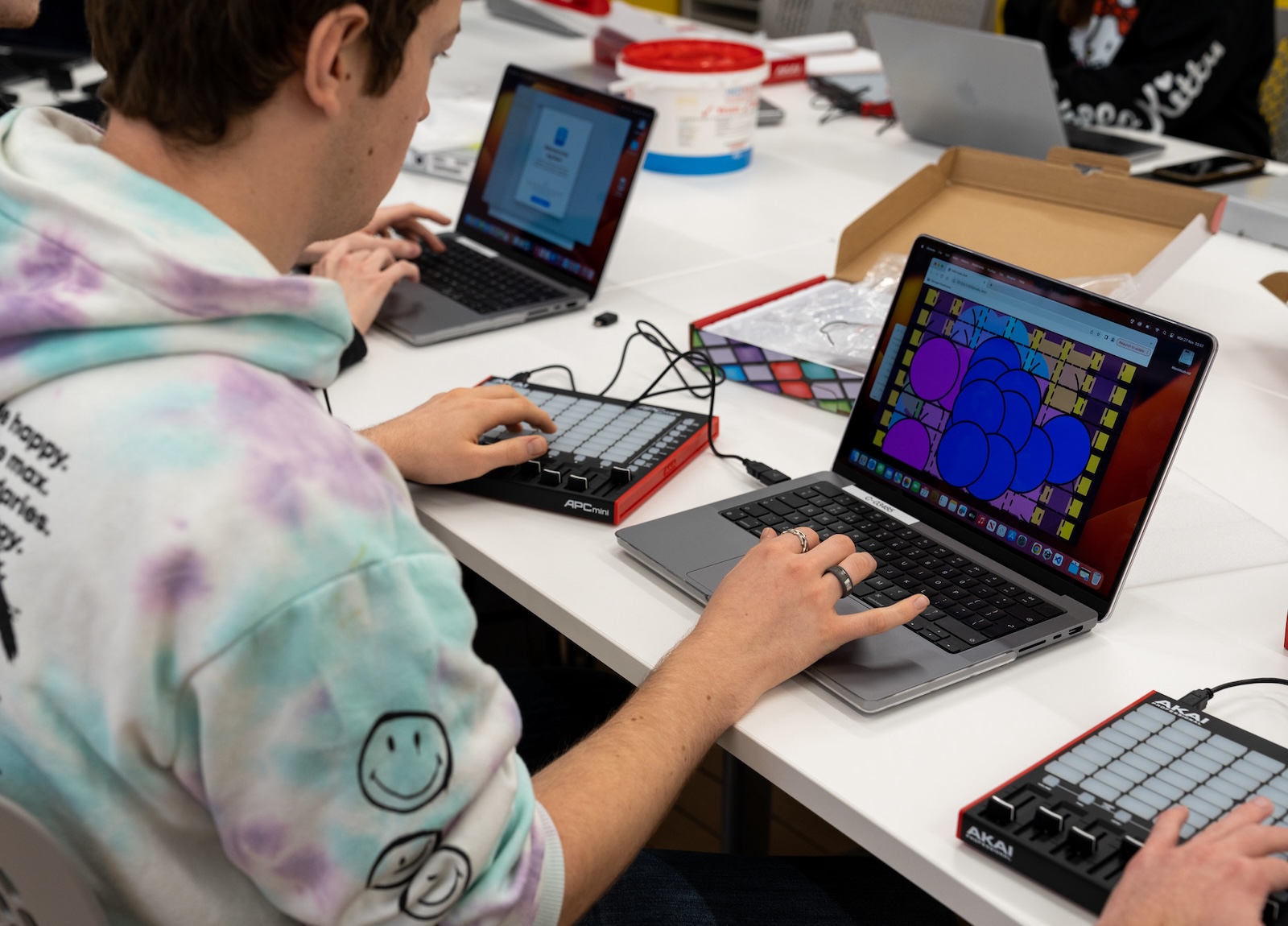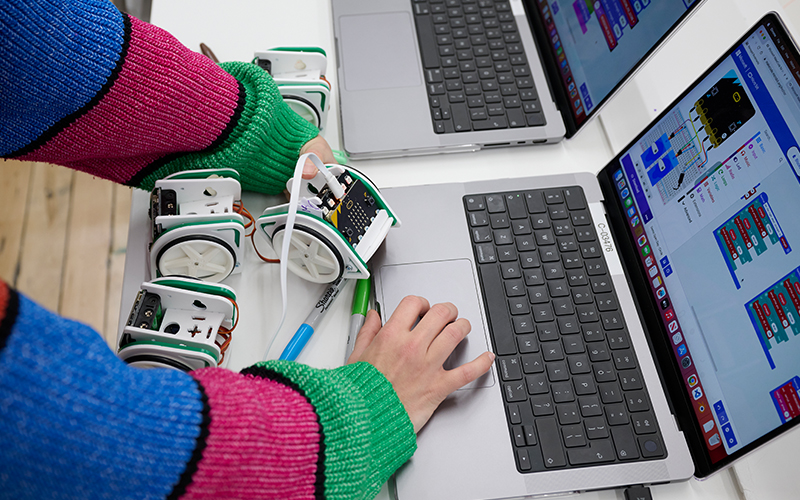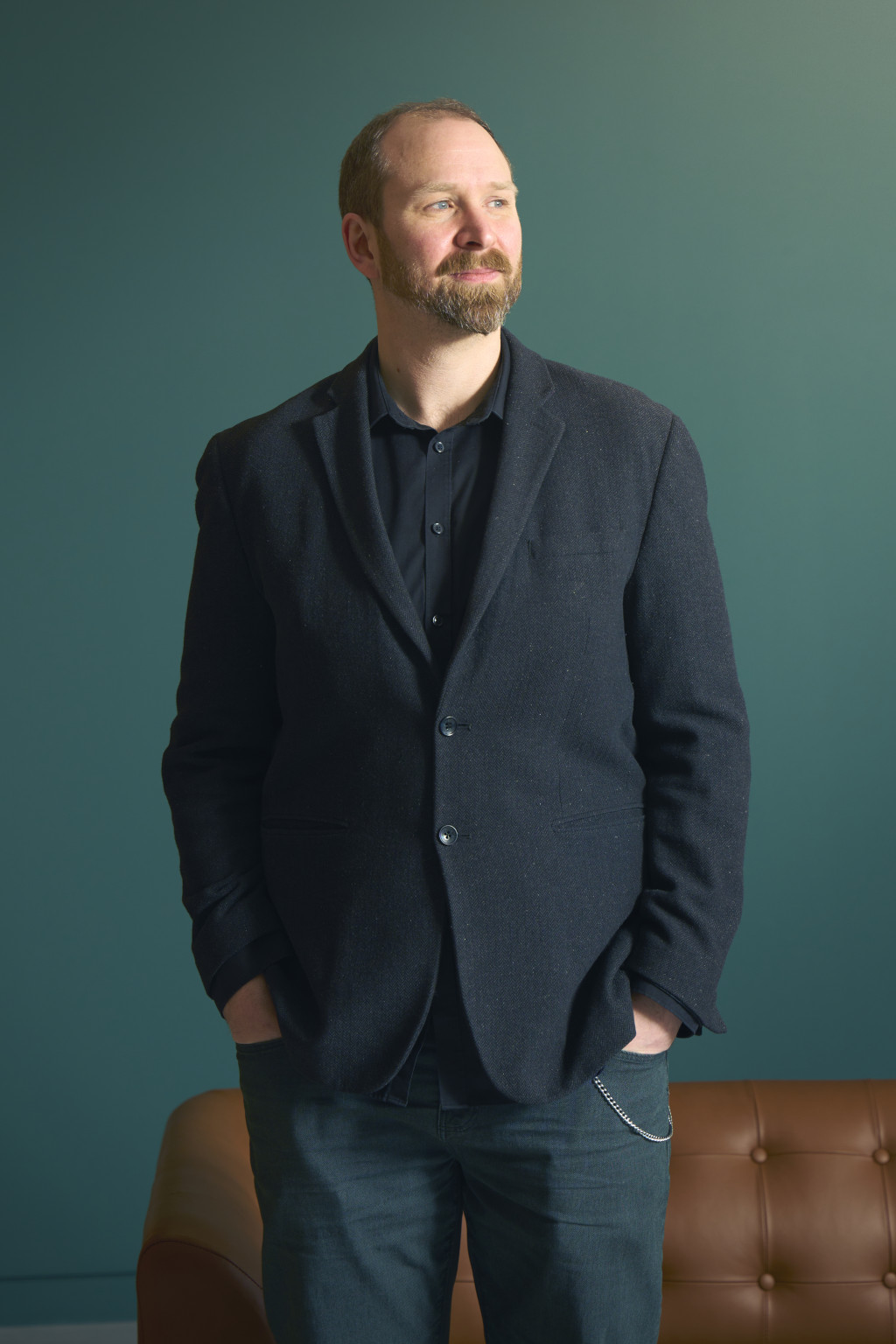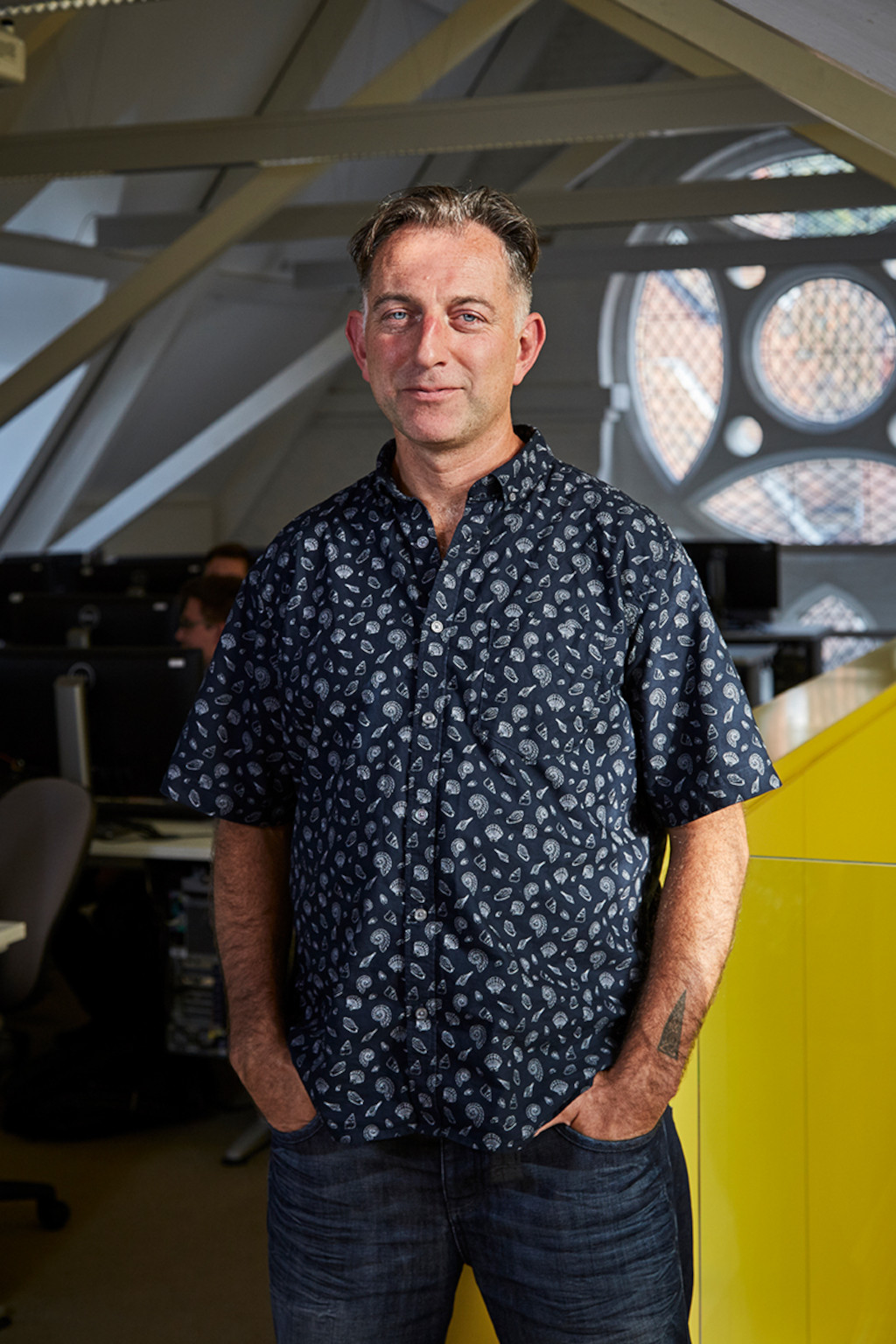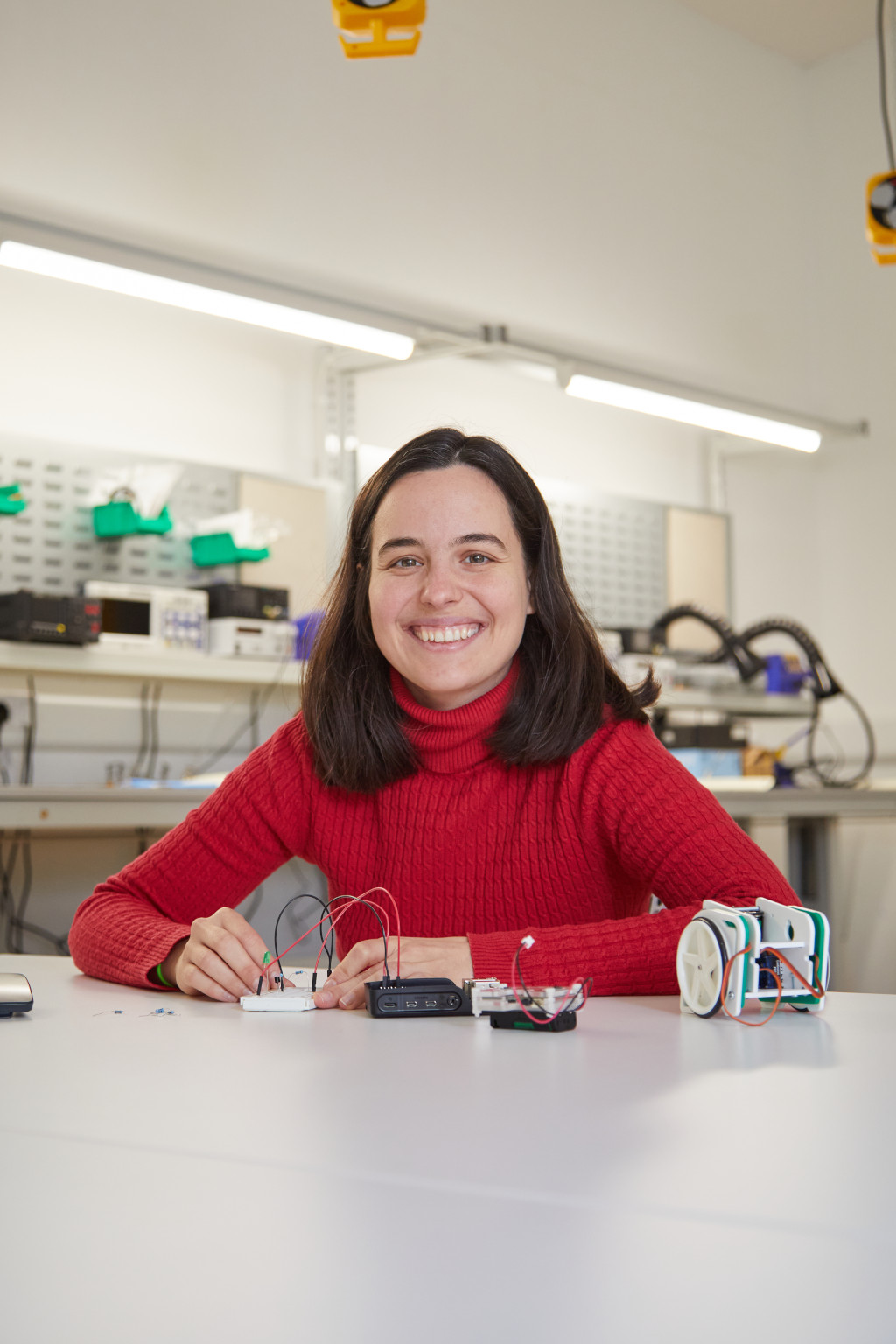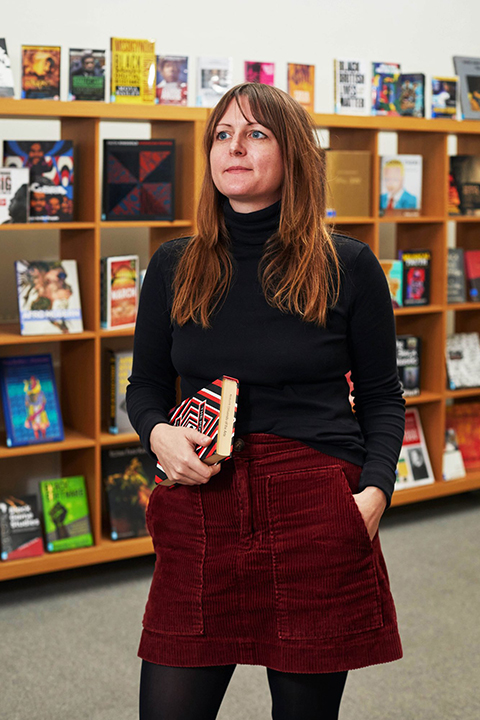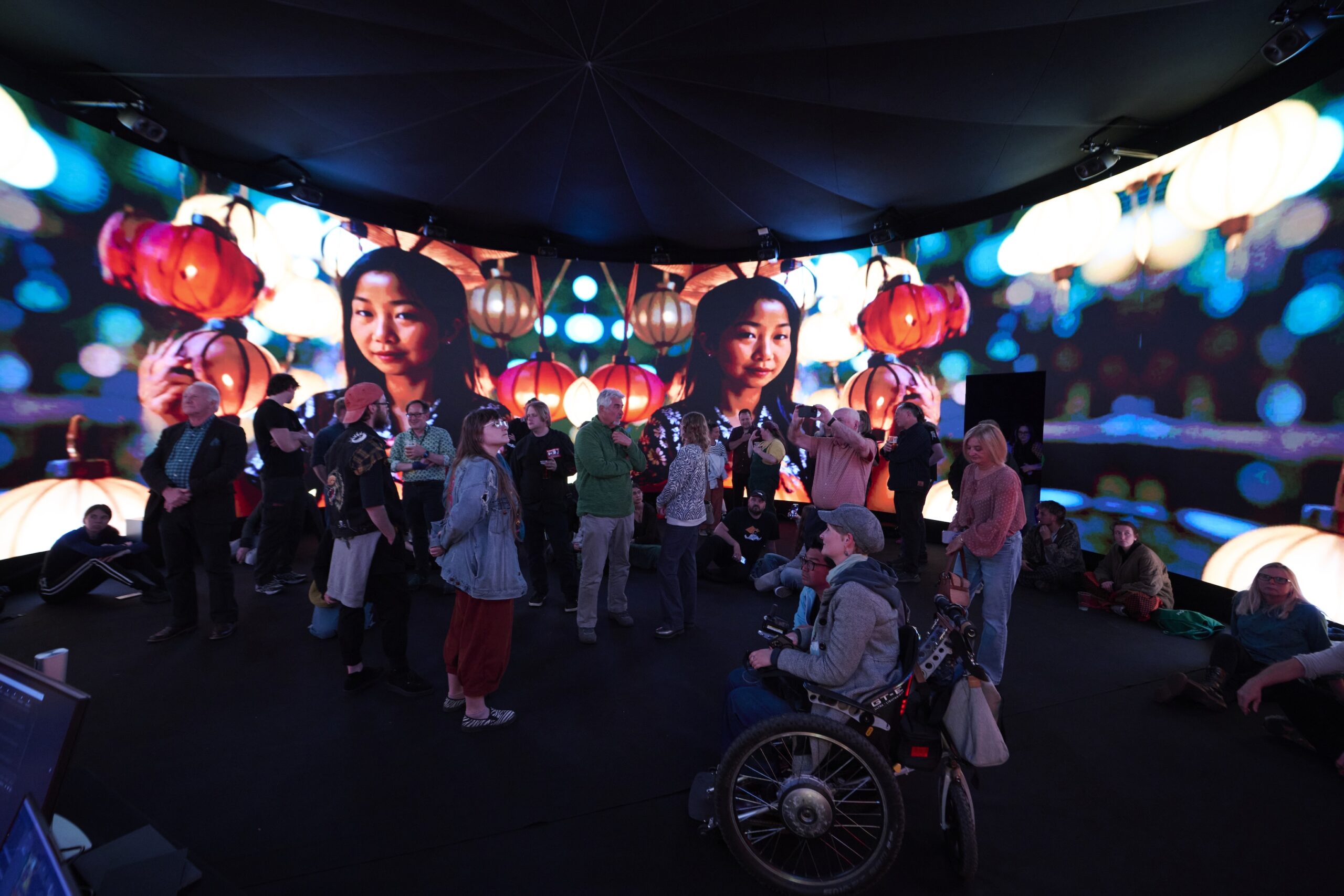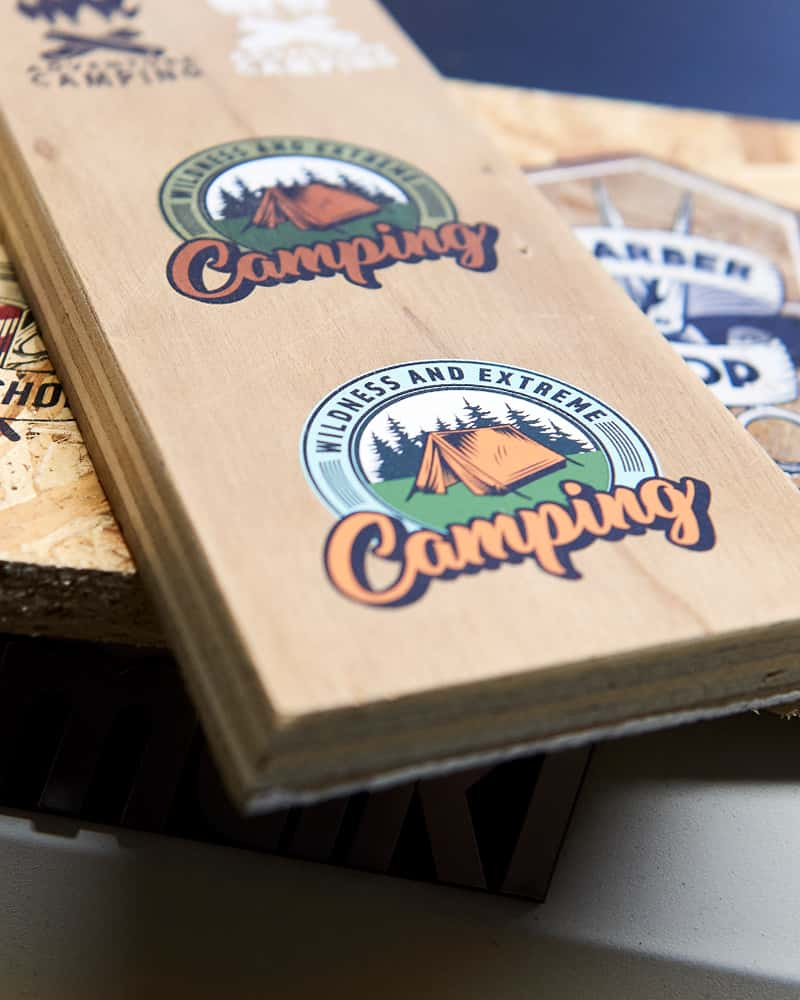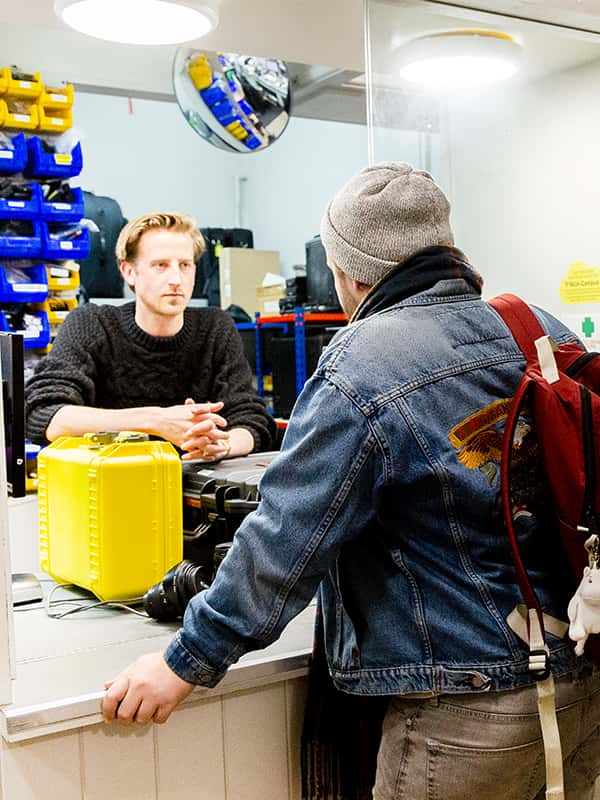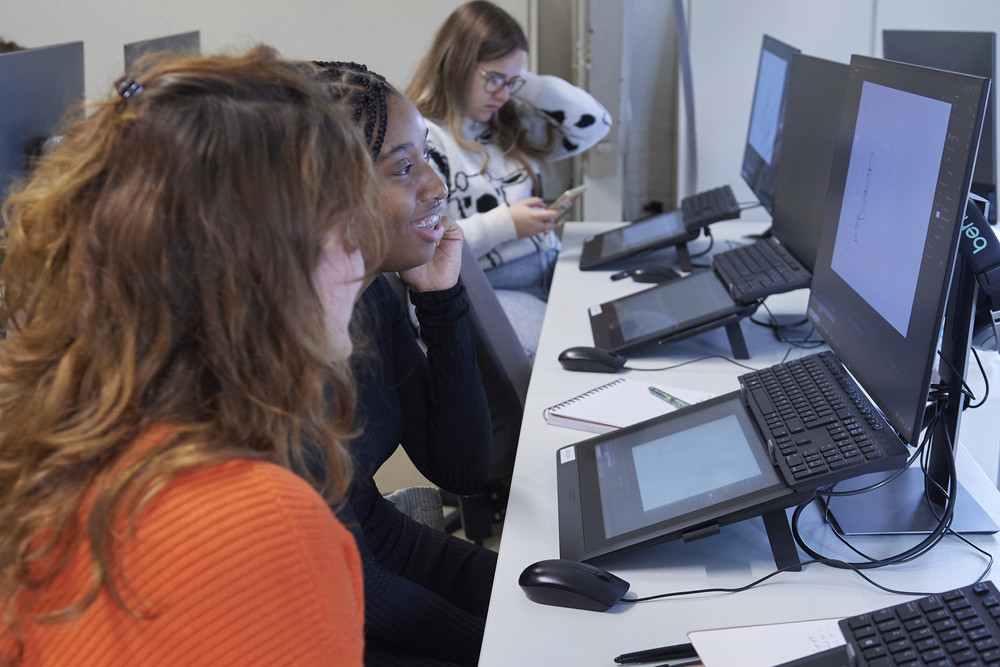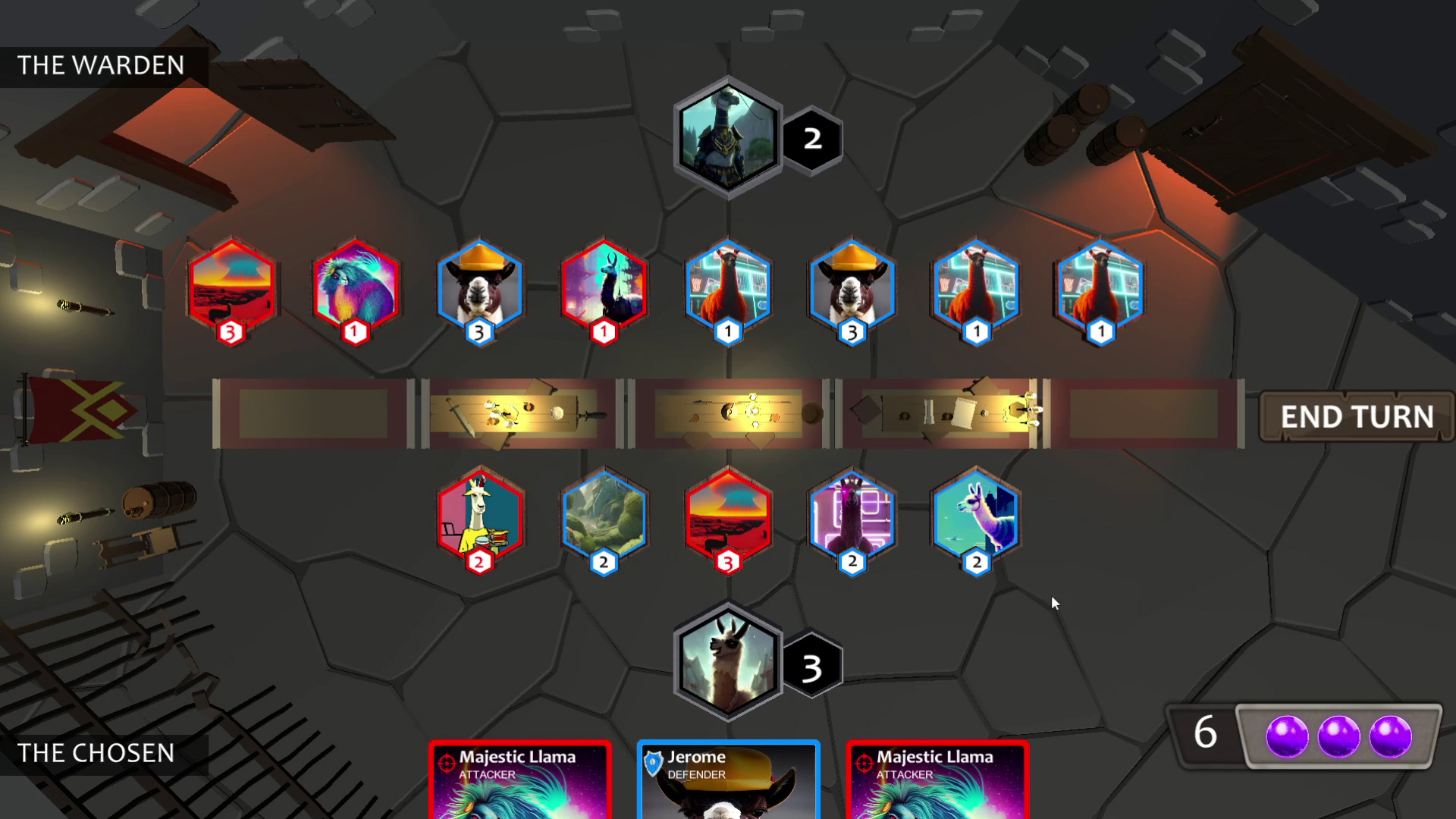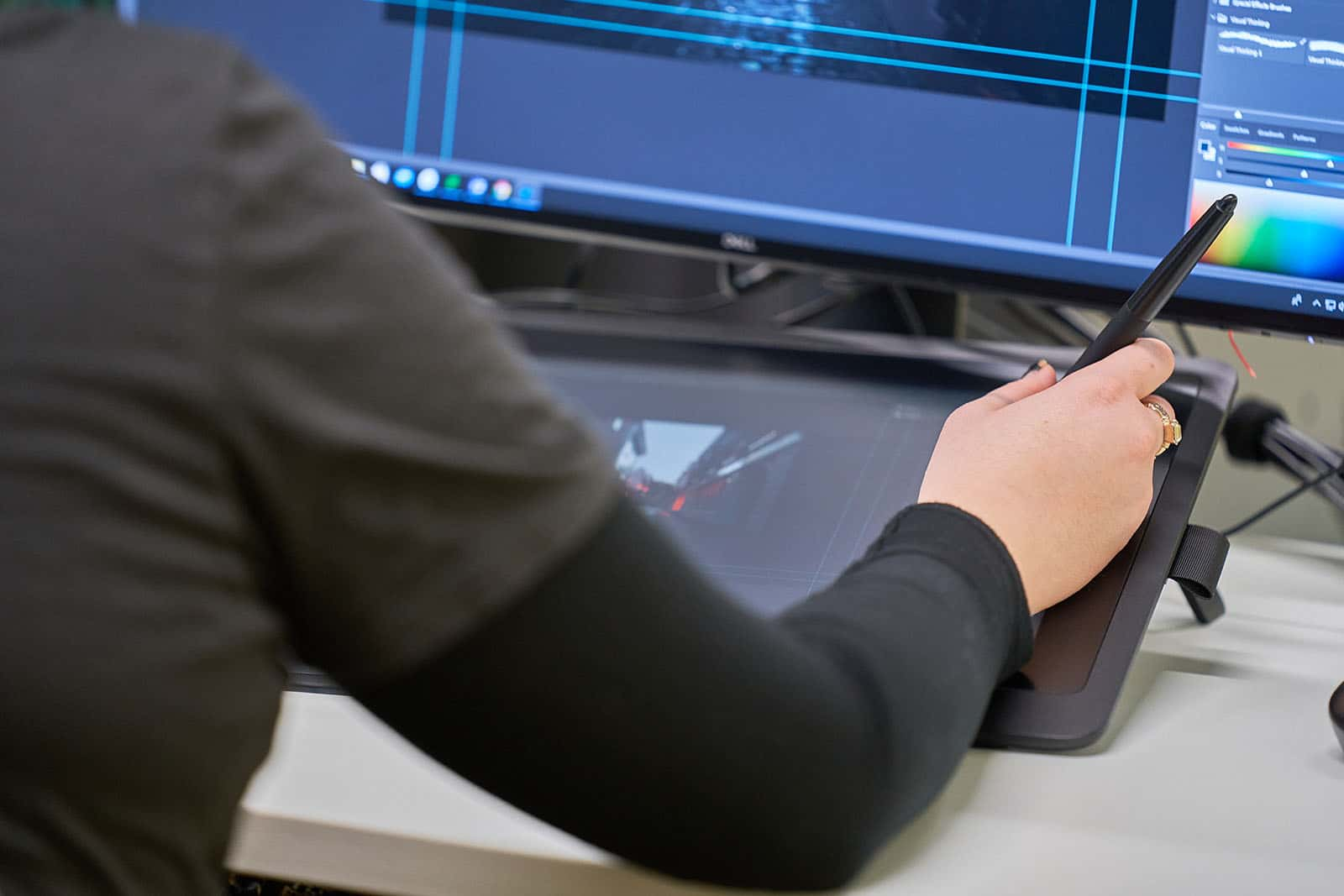
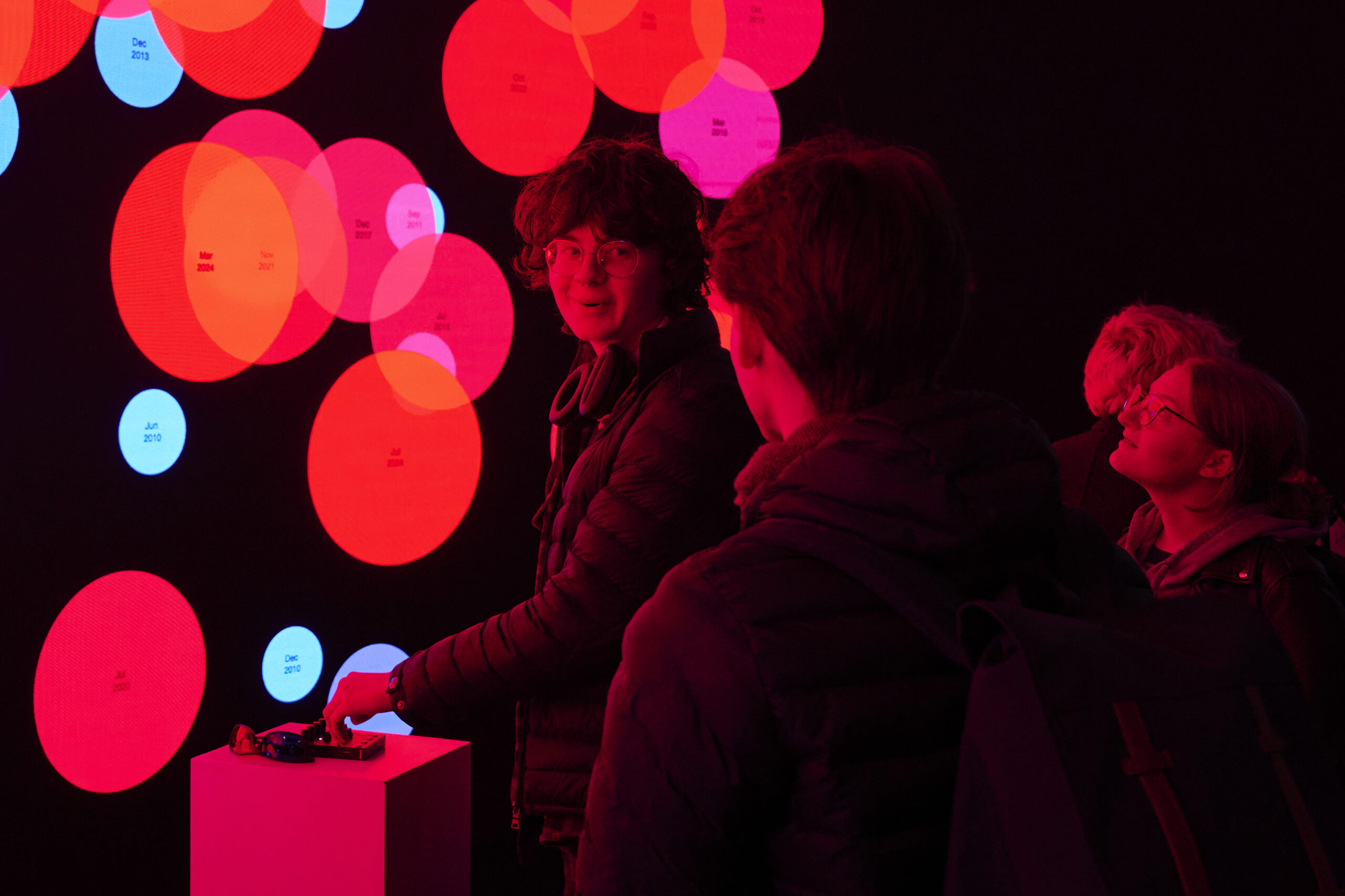
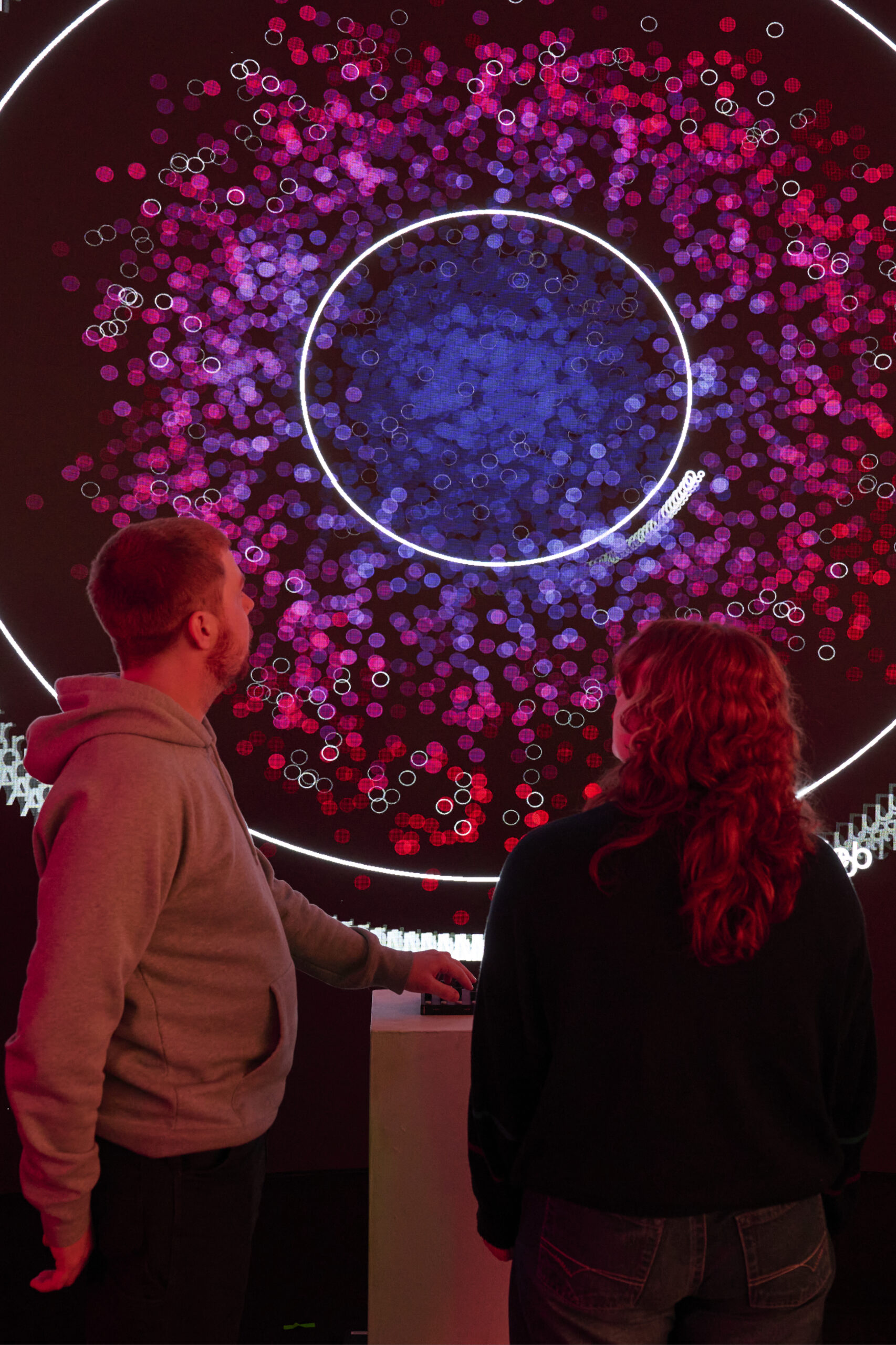
Creative Computing BSc (Hons)
Be part of the Future. Take your digital creativity to a whole new level and equip yourself with the skills needed for a career in the creative tech and digital arts industries.
-
Course Duration
3 Years
-
Course Options
Creative Professional Development Diploma
-
Typical Offer
104-120 UCAS Tariff Points
- How to Apply Request a prospectus
-
Annual Fees
- Home (full-time) £9,535
- Overseas (full-time) £18,860
-
UCAS code
- C100 (3 Year)
- Institution code: N39
-
Course Start
September 2026
Our BSc (Hons) Creative Computing has been developed in response to increasing employer demand for graduates who ‘create’ using programming as their medium. You will develop projects to industry briefs and gain an understanding of the potential for – and theory of – computer-based technology in a wide range of digital creative and design sectors.
Through practical project work, you’ll develop core computational thinking and become adept with a range of industry-standard creative platforms. For example, applying coding and creative skills to creative web and app work while thinking about interaction, image and text.
You will explore data from both open and closed networks: finding patterns in data, learning to use data ethically, and exploring why data can exclude rather than explain. You will develop algorithmic thinking and more advanced forms of algorithmic programming. As with all Norwich University of the Arts courses, you’re learning experience will be hands-on.
Why study with us
-
Benefit from well-resourced digital creative teaching facilities including a dedicated Creative Tech Lab and brand-new Immersive Visualisation and Simulation Lab.
-
Develop programming and design skills for creative web and app work, focussing on aesthetics, interaction, animation, and usability.
-
Explore algorithmic art to further develop your programming skills and produce aesthetically complex outcomes inspired by natural forms.
-
Be introduced to AI and machine learning, to add another dimension to your project work and build commercially sought after skills.
-
Develop advanced computer programming and software development skills that are truly transferrable.
-
Develop team working skills and create amazing outcomes by collaborating with students from other disciplines.
-
Engage with a range of contemporary topics such as AI ethics, digital sustainability, digital culture, and tech for good.
Course Details
Year 1
Core Units
Creative Learning (40 credits)
The first year of the course has a shared curriculum with BSc (Hons) Creative Technology and Robotics. This first unit focuses on developing a solid base of technical and creative skills that will serve as a springboard for your learning across the rest of the course. You will explore computing foundations and the fundamentals of coding in the context of the creative web. Starting with the computational thinking that underpins algorithmic structures, your coding skills will develop through a series of practical projects that simulate industry briefs. You will learn about programming styles, data structures and algorithms, as well as industry best practices. Learning by responding to a series of creative challenges, your technical knowledge will develop alongside your creative approach.
40 credits
Explore and Experiment (80 credits)
In this unit, you will explore and experiment with a range of creative computing and technology applications to further develop your programming skills, as well as introducing you to a greater range of creative possibilities. You will learn about programming principles and mathematics applicable to 2D solutions, exploring how to resolve problems common to 2D environments. From 2D, you will progress to working with 3D, on the way expanding your knowledge of relevant principles and processes. You will explore XR programming, such as AR and VR, be introduced to the fundamentals of machine learning as well as exploring physical computing. You will also engage with a range of contemporary topics such as AI ethics, sustainability for the tech sector and toxic digital culture.
80 credits
Core Projects
Wayfinding Week
The first week of each academic year is called Wayfinding week. It’s an opportunity get your bearings, establish new connections and, after your first year at Norwich, re-establish old ones. Your course team will talk you through the year ahead and explain the expectations for the year. We’ll help you navigate new encounters and identify areas to focus on as you progress through your course.
Make it Manifest(o)
An important element of Wayfinding Week is taking part in our annual ‘Make it Manifest(o)’ project. Your course team will introduce the project in which we’ll ask you to consider your hopes and vision of the year ahead at Norwich and work with students in other year groups to bring your ideas to life. The project culminates in a celebratory display of work across the campus. The project will help you to develop your critical creativity through different approaches, concepts, and mediums. You’ll encounter diverse perspectives and build friendships and networks within our university community.
Interchange Week
Interchange weeks are opportunities to step away from your disciplinary studies and engage in projects, workshops, visits and talks that extend your knowledge and understanding of the world. Whether you learn a new skill or take part in a global challenge project with students from other courses, you will come away with new insights to take back to your course. Interchange is part of the schedule for all Norwich students with sessions held across and beyond the campus led by university staff, visiting lecturers and students.
Year 2
Core units
Global Contexts (80 credits)
As you progress to Year 2, you will further consolidate and develop your creative programming skills within the context of both industry-standard platforms and more experimental approaches. You will learn commercially valuable skills in app development and full stack web development, developing expertise with industry-standard platforms and processes as well as further enhancing your creative command of machine learning, for example, by experimenting with computer vision. You will further develop your XR programming skills, for example by investigating the exciting new discipline of Mixed Reality programming using state of the art headsets. You will also explore non-standard methods of interaction such as hand-tracking, providing further opportunity to develop your technical and creative skills together.
80 credits
Collaboration (40 credits)
This unit focusses on how collaborative work can help you channel and enhance your creative thinking, exposing you to new processes and approaches. Students work in multidisciplinary groups, typically responding to an industry brief, and produce significant outcomes suited to inclusion in an employer-facing portfolio. You’ll be introduced to a range of theoretical and practical approaches to managing collaboration, both in lectures and workshops, developing a practical command of suitable tools and platforms as well as applying this knowledge to evaluate your group’s performance. Your understanding of related industries will develop and you will work on a professional career development plan to help you on your journey towards future employment and business ventures.
40 credits
Core Projects
Wayfinding Week
The first week of each academic year is called Wayfinding week. It’s an opportunity get your bearings, establish new connections and, after your first year at Norwich, re-establish old ones. Your course team will talk you through the year ahead and explain the expectations for the year. We’ll help you navigate new encounters and identify areas to focus on as you progress through your course.
Make it Manifest(o)
An important element of Wayfinding Week is taking part in our annual ‘Make it Manifest(o)’ project. Your course team will introduce the project in which we’ll ask you to consider your hopes and vision of the year ahead at Norwich and work with students in other year groups to bring your ideas to life. The project culminates in a celebratory display of work across the campus. The project will help you to develop your critical creativity through different approaches, concepts, and mediums. You’ll encounter diverse perspectives and build friendships and networks within our university community.
Interchange Week
Interchange weeks are opportunities to step away from your disciplinary studies and engage in projects, workshops, visits and talks that extend your knowledge and understanding of the world. Whether you learn a new skill or take part in a global challenge project with students from other courses, you will come away with new insights to take back to your course. Interchange is part of the schedule for all Norwich students with sessions held across and beyond the campus led by university staff, visiting lecturers and students.
Diploma Year (optional)
Level 5 Diploma (120 credits)
Students have the opportunity to spend a year after the second of their degree (or the third year if studying for a degree with an Integrated Foundation Year) enhancing their employability options through a Level 5 Diploma in Creative Professional Development. This course is designed to provide opportunities to gain industry insight, developing employability skills through a series of supported experiences, expanding professional networks and building confidence in the workplace.
Find out more about our Level 5 Diploma in Creative Professional Development.
Final Year
Core Units
Research and Preparation (40 credits)
This is the first and shorter of the two units that make up your final year of undergraduate study. The primary focus of this unit is the research report, a deep investigation into an area of interest to you and of relevance to the subject of creative computing. Through a structured research process, you will develop and document cutting edge knowledge that will provide you with a greater contextual understanding of your subject, as well as inform future practical projects. You will also be introduced to a series of more advanced theoretical and practical topics such as natural language processing, the technology underpinning chatbots and voice interaction, and shader programming, a powerful methodology used to address the graphics processing unit (GPU) directly.
40 credits
Resolution and Career Development (80 credits)
Your final unit allows you to research, conceptualise and create a self-determined final-year project(s), building on the skills and knowledge you have gathered throughout the programme. You’ll explore your digital and creative skill set, how to manage workflows, work to a brief, and success metrics. You’ll be able to participate in competitions, attend conferences, and meet visiting professionals. You’ll have the opportunity to display your final year work as part of our degree show, Grad Fest, showcasing your projects to a network of industry professionals and prospective employers. Additionally, you will be supported in developing a career pack consisting of elements such as a CV and portfolio website, all critical to helping you move forward at the end of your course.
80 credits
Core Projects
Wayfinding Week
The first week of each academic year is called Wayfinding week. It’s an opportunity get your bearings, establish new connections and, after your first year at Norwich, re-establish old ones. Your course team will talk you through the year ahead and explain the expectations for the year. We’ll help you navigate new encounters and identify areas to focus on as you progress through your course.
Make it Manifest(o)
An important element of Wayfinding Week is taking part in our annual ‘Make it Manifest(o)’ project. Your course team will introduce the project in which we’ll ask you to consider your hopes and vision of the year ahead at Norwich and work with students in other year groups to bring your ideas to life. The project culminates in a celebratory display of work across the campus. The project will help you to develop your critical creativity through different approaches, concepts, and mediums. You’ll encounter diverse perspectives and build friendships and networks within our university community.
Interchange Week
Interchange weeks are opportunities to step away from your disciplinary studies and engage in projects, workshops, visits and talks that extend your knowledge and understanding of the world. Whether you learn a new skill or take part in a global challenge project with students from other courses, you will come away with new insights to take back to your course. Interchange is part of the schedule for all Norwich students with sessions held across and beyond the campus led by university staff, visiting lecturers and students.
Download course specifications
Learning and teaching
This course is taught through a mixture of learning and teaching methods including:
-
Group briefings
-
Academic tutorials
-
Group tutorials
-
Workshops
-
Critiques (crits)
-
Seminars
-
Lectures
Assessment
Assessment for this course is entirely coursework-based, meaning there are no exams. Your progress will be evaluated through the projects and assignments you complete for each unit. Throughout the year, you’ll receive ongoing feedback to help you refine your work and develop your skills. To support your learning and ensure you achieve the course outcomes, we use a variety of assessment methods, including:
- Finished pieces of work
- Presentations
- Written work
- Your research
- A reflective journal
Our Facilities
Look around our city-centre campus, and you will find studios, media labs, and creative spaces in 13 buildings that sit among the cafés, bars, independent galleries and shops of Norwich’s cultural quarter.
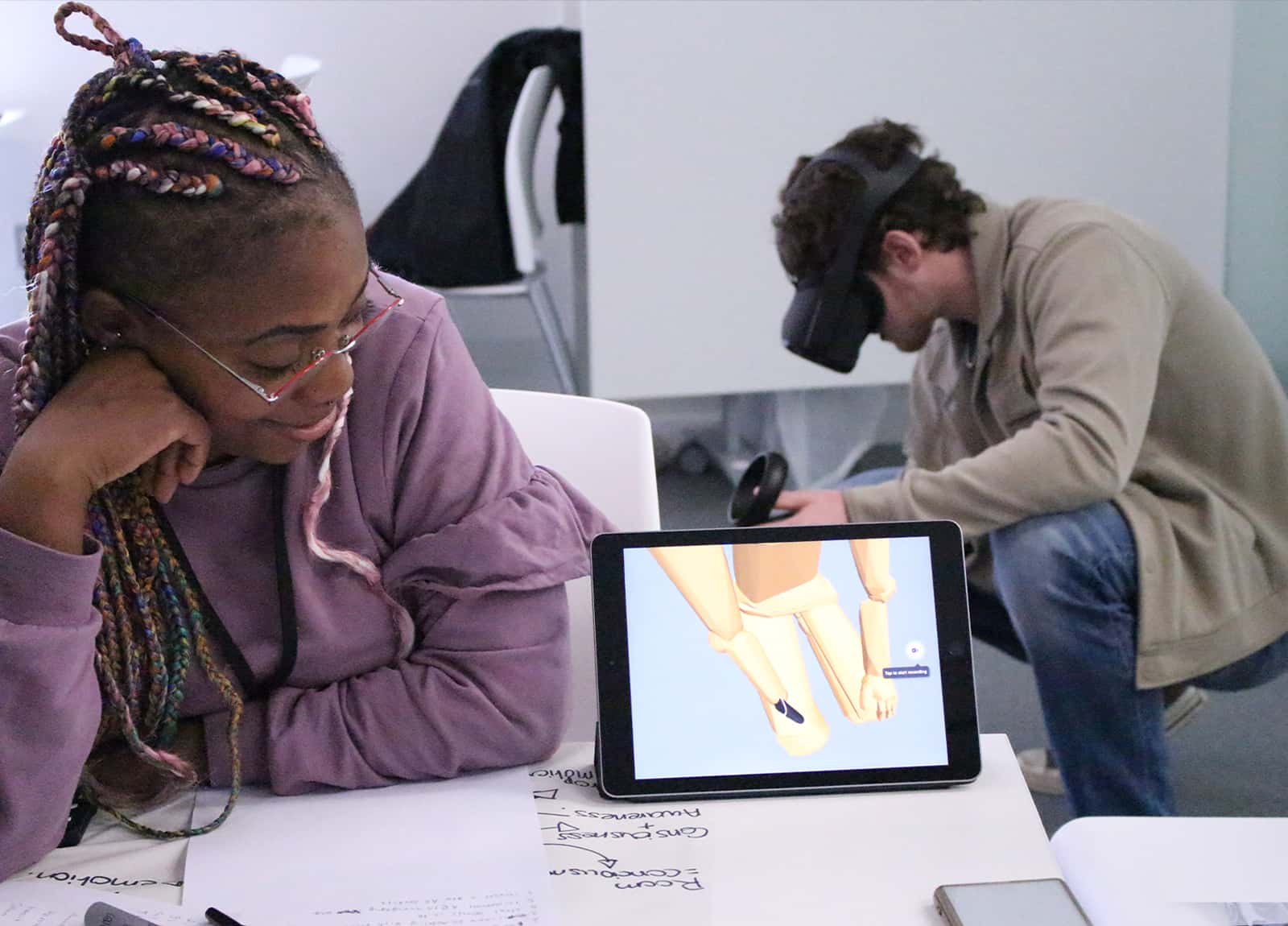
Typical career paths
Employability and entrepreneurship sessions will allow you to develop excellent transferrable skills in teamwork, project management, communication and problem-solving; and you will have opportunities to work with digital creative businesses in the University’s network.
In your final year you’ll produce a research report on a relevant area of theory, industry or practice, realise a significant portfolio project of your own choosing and develop a career plan that will help launch you from graduation into industry.
As a graduate of the course, you’ll be a technology-led creative professional, with top-level creative design and coding skills to embark on a graduate career in creative software development, immersive experiences, digital media, emerging technology, AI and machine learning. This course will also give you the skills and confidence to take roles and opportunities at the forefront of the discipline yet to be defined.
- Creative developer
- Design engineer
- Mobile app developer
- Web developer
- Audio/visual researcher
“92% of our graduates are in employment or further education within six months of graduating”
Graduate Outcomes 2021
Entry requirements
Home
Norwich University of the Arts welcomes applicants of all ages from all backgrounds.
If the qualification that you are studying is not shown, do not worry as we are able to accept other pre-entry qualifications as well as combinations of different qualifications.
A/AS Levels (GCE)
GCE A/AS Levels 3 A-level qualifications at grades BCC (104 UCAS Tariff points) or above. Where candidates are not taking 3 A-levels, Norwich University of the Arts will consider combinations of A-level/AS-level and other Level 3 qualifications.
BTEC Extended Diploma (QCF or RQF)
Distinction, Merit, Merit in an art, design or media related subject
BTEC Diploma (QCF or RQF)
Distinction*, Distinction* in an art, design or media related subject
T Levels
A T Level in any subject with overall grade A* to C (Pass)
UAL Extended Diploma
Merit
UAL Level 3 Foundation Diploma in Art and Design
Pass
UAL Level 4 Foundation Diploma in Art and Design
Pass
Foundation Diploma in Art and Design
Pass
Access to Higher Education Diploma (Art and Design)
Pass
International Baccalaureate Diploma
A minimum of 26 points
Overseas
We accept qualifications from all over the world.
To find our entry requirements from a specific country, please check our dedicated international pages.
English language qualifications
Most international students are required to hold an English language qualification. Applicants are required to have a minimum UKVI approved IELTS exam score of 6.0 overall, with a minimum of 5.5 in each section. Equivalent English language qualifications are acceptable such as, IB English language syllabus A or B/English Literature (Grade 4).
We also accept some alternative English qualifications. Learn more about our English entry requirements.
You can email us on international@norwichuni.ac.uk if you’d like to discuss your application individually.
Additional requirements for this course
GCSE in English and Maths at Grade 4 or above
If you do not have a Science or Mathematics-based A-level, you should have at least Grade B/Grade 5 at GCSE Mathematics.
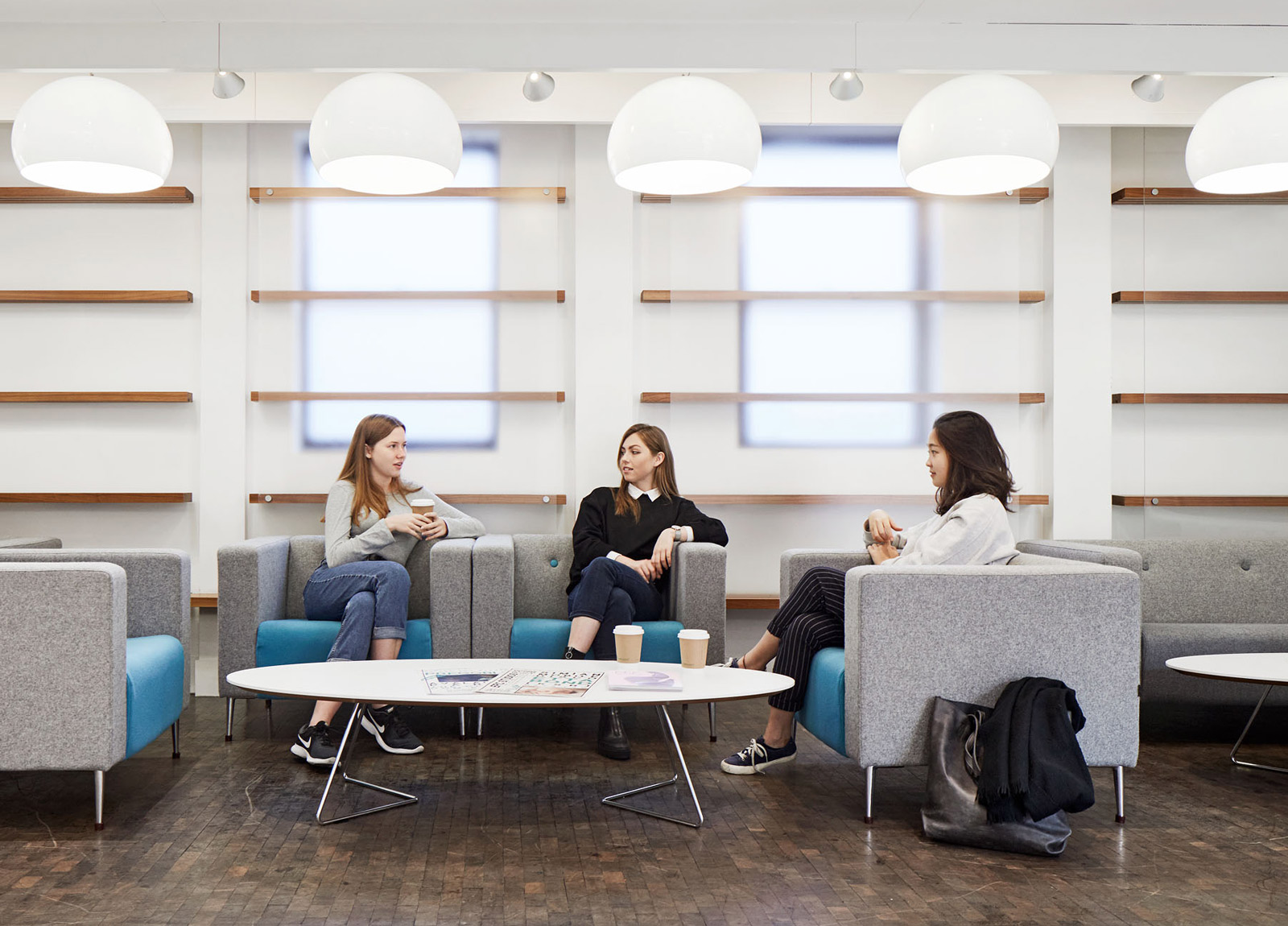
Fees and funding
Home
Tuition fees for the 2025/26 academic year
- BA course (three year): £9,535 per year
- Integrated Foundation Year (optional): £9,535 per year
- Level 5 Diploma Year (optional): £9,535 year
The level of fee that you will be asked to pay depends on whether you’re classed as a UK (home) or international student. Check your fee status.
Fees for subsequent years
Tuition fees may increase in subsequent years in line with inflation, subject to government regulations. The inflation rate used is expected to be the Retail Price Index excluding mortgage payments (RPIX). We would confirm this in advance to you of each academic year.
Find our more about fees and funding
Funding your study
Depending on your circumstances, you may qualify for a bursary, scholarship or loan to help fund your study and enhance your learning experience.
Additional Costs
Your course fees cover the cost of studies, and include loads of benefits, such as the use of our library, support from our expert employability team, access to workshops and free use of the IT equipment across our campuses. There are also other costs which you may need to consider.
International
Tuition fees for the 2025/26 academic year:
- BA course (three year): £18,500
- Integrated Foundation Year (optional): £18,500
- level 5 Diploma year (optional): £18,500
The level of fee that you will be asked to pay depends on whether you’re classed as a UK (home) or international student. Check your fee status.
Fees for subsequent years
For Overseas students starting in 2025 inflation will be applied to your fees in later years. We will confirm this in advance to you of each academic year, and we will limit the increase to no more than the Office for Students’ recommended inflationary measure.
Find our more about fees and funding
Funding your study
Please take a look at our International students page for information about fees, scholarships for international students, visas and much more.
Additional Costs
Your course fees cover the cost of studies, and include loads of benefits, such as the use of our library, support from our expert employability team, access to workshops and free use of the IT equipment across our campuses. There are also other costs which you may need to consider.
Creative Computing BSc (Hons)
How to apply
Home
All applications for undergraduate courses will need to be made via the Universities and Colleges Admissions Service (UCAS).
You’ll need our university UCAS code (N39) as well as your course code which you’ll find on your course page.
When you register with UCAS you will need include your previous and current qualifications information, personal statement, and reference.
Once we receive your application form through UCAS, we will email confirmation that we have received it and will give you access and instructions for logging into the applicant portal. Our decision will be communicated via UCAS.
Applying for an undergraduate degreeInternational
Full-time Undergraduate International applicants can either apply via UCAS or directly by completing the online application form below or emailing the downloadable form to ioadmissions@norwichuni.ac.uk
Online Application Form (opens in a new window)For further support for international applicants applying for an undergraduate degree view our international pages.

Latest news
-
 BA Business Management •
BA Business Management •In conversation with Norwich’s newest lecturers in Marketing and Business Management
We joined Norwich's newest lecturers, Stephen Balmer-Walters and Laurie McAllister, to find out more about the University's Marketing and Business Management courses. -
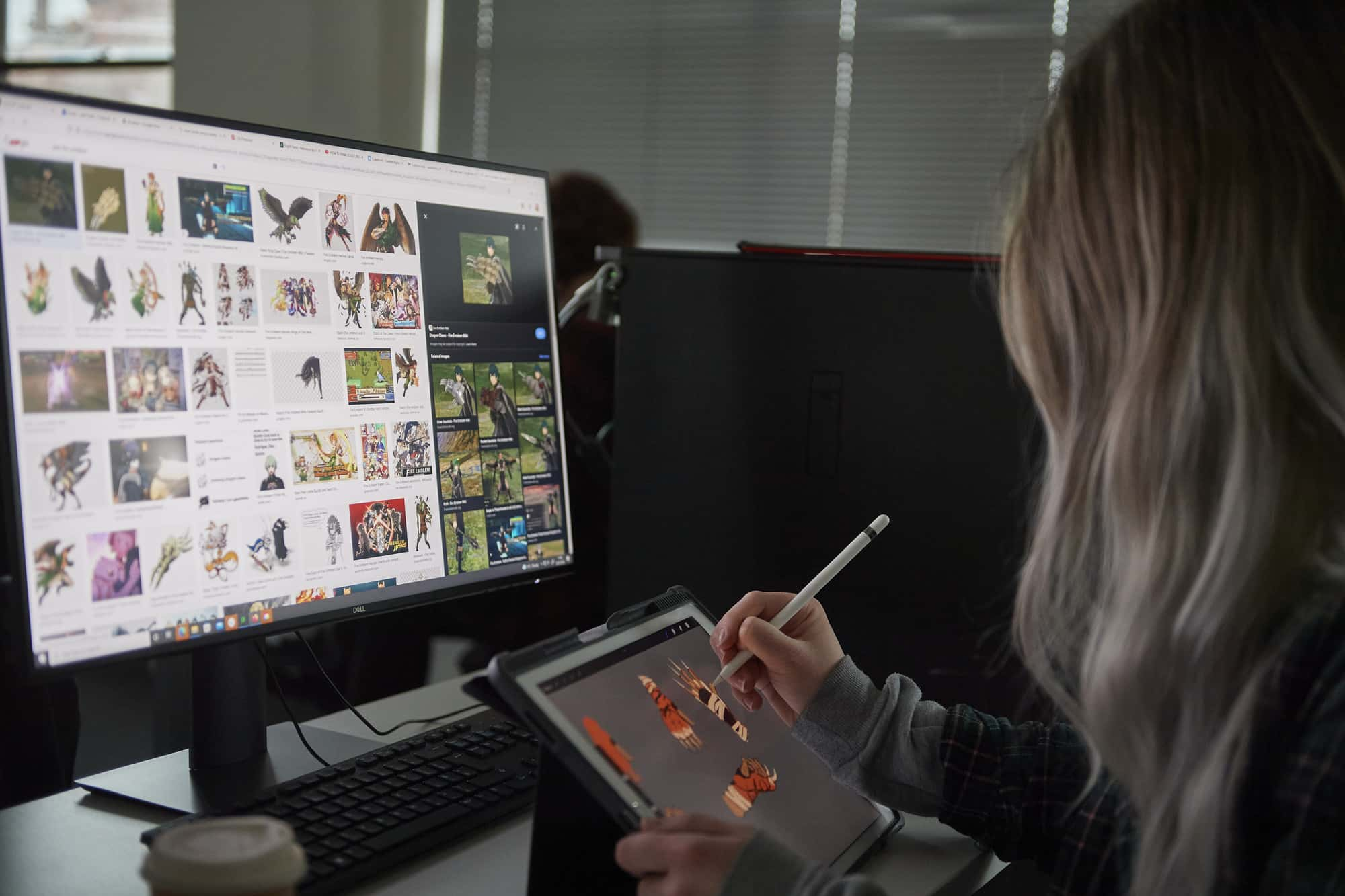 BA Games Art and Design •
BA Games Art and Design •East of England set to become UK’s next Games Cluster, says landmark report
A major new report is calling for the creation of a Games Cluster for the East of England — positioning the region as a national leader in creative technology and immersive media. -
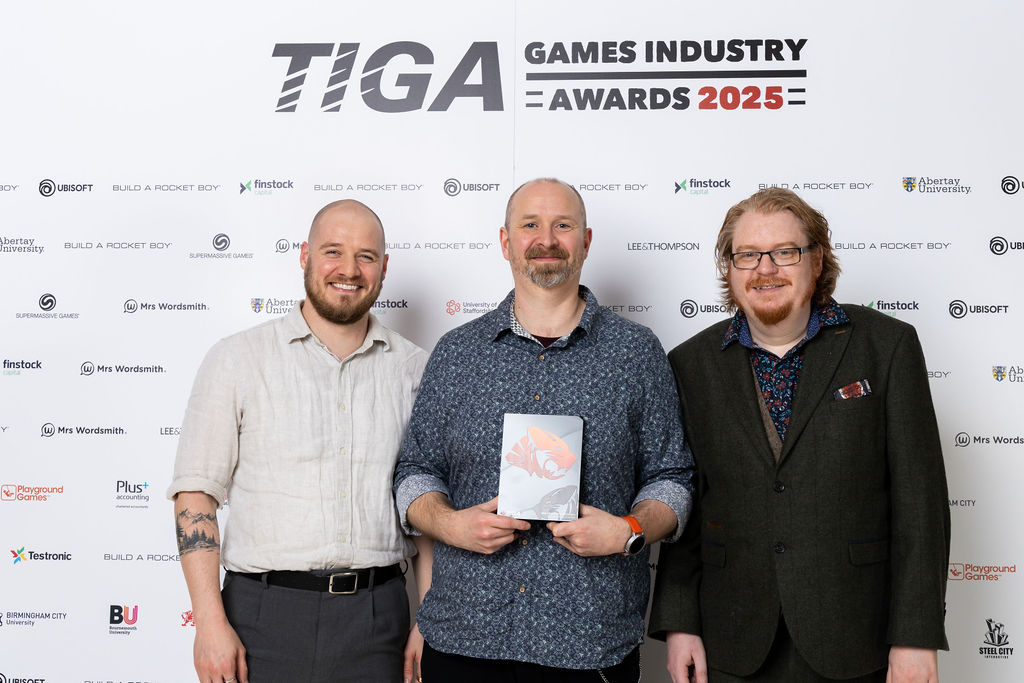 BA Games Art and Design •
BA Games Art and Design •Norwich awarded Best Education Initiative at the TIGA UK Games Industry Awards
TIGA, who represent the UK video games industry, have recognised the University’s commitment to graduate success and industry-focused learning in their 2025 awards. -
 BA Animation •
BA Animation •Cutting edge Sony Virtual Production Studio puts Norwich on the map for the future of film and gaming
Norwich University of the Arts and Sony open new landmark facility for students, creators and the community. -
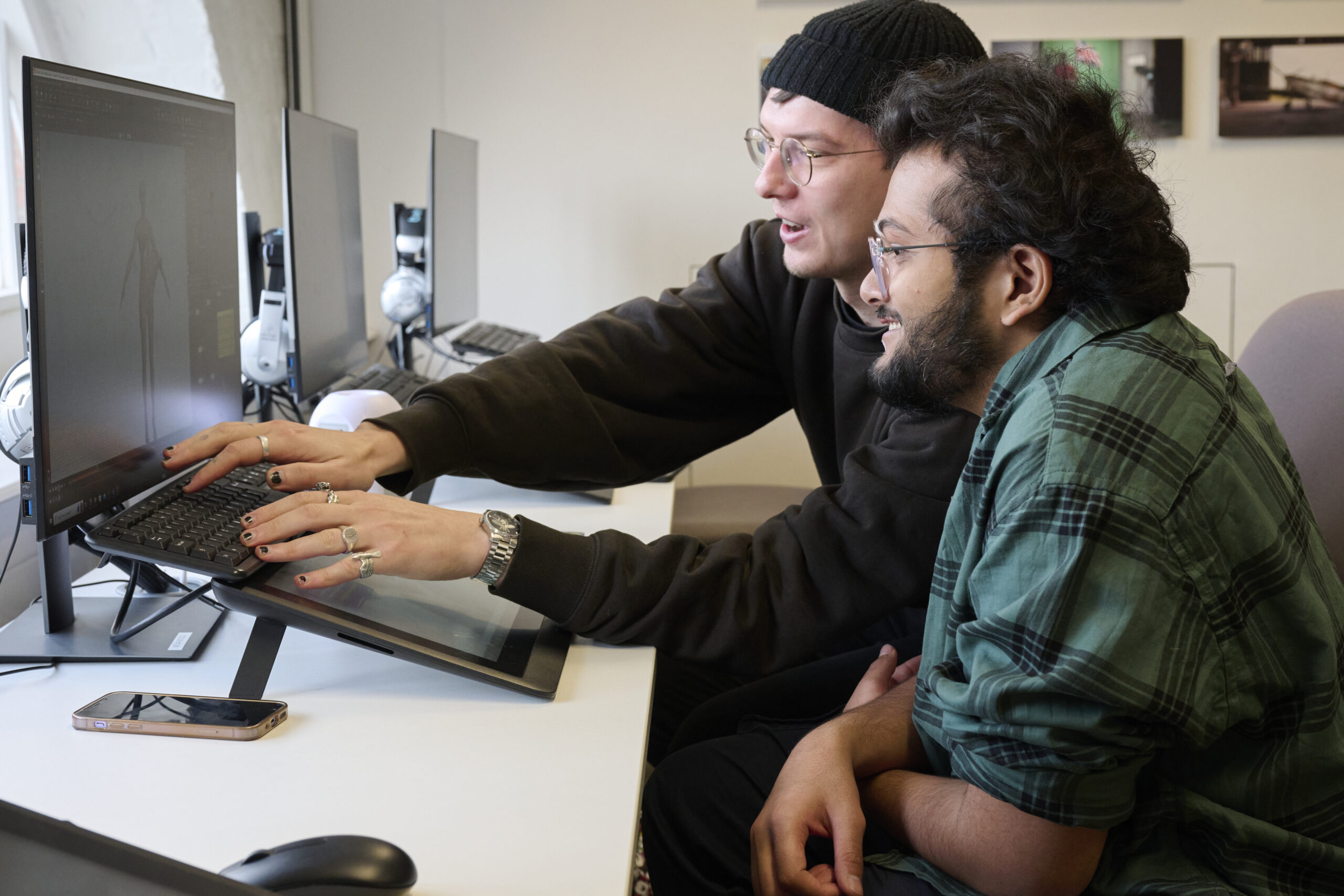 BA Animation •
BA Animation •Norwich named top UK university for production excellence in visual effects
The University has been placed in three categories in the 2025 Rookies Global School Rankings, including the top five for Production Excellence – Visual Effects. -
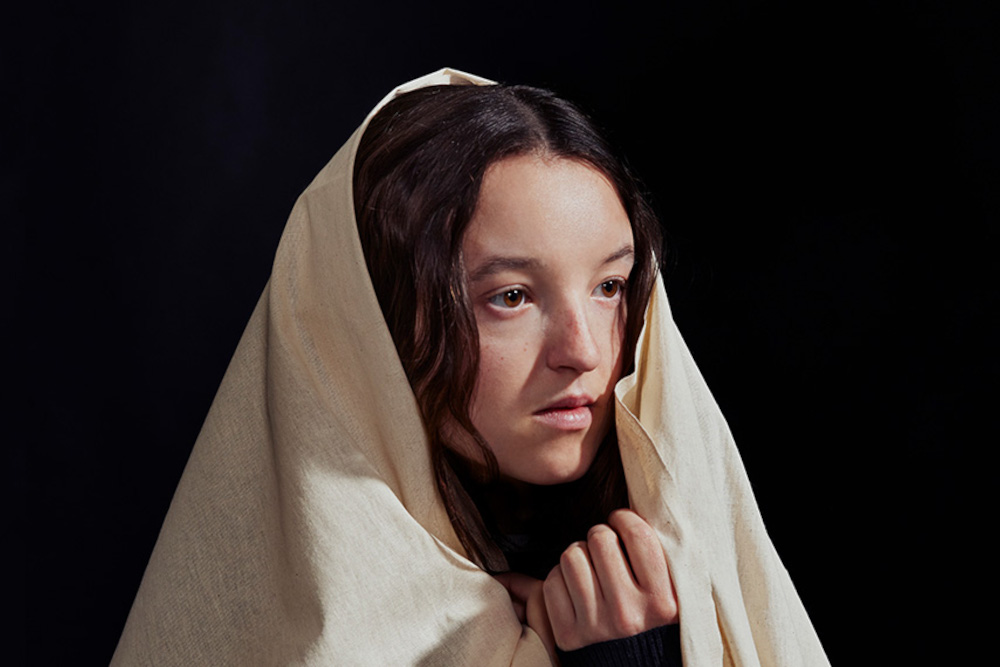 BA Photography •
BA Photography •Entries open for Norwich's 2026 Beyond the Frame photography competition
Entries are now open for our annual photography competition, open to students aged 11 to 19 around the world. -
 BSc Degree •
BSc Degree •Norwich University welcomes new academics to its Psychology and Computer Science courses
Lyndsey Wallace joins the University as Senior Lecturer for BSc (Hons) Psychology, with Jawwad Chattha joining as Course Leader for BSc (Hons) Computer Science. -
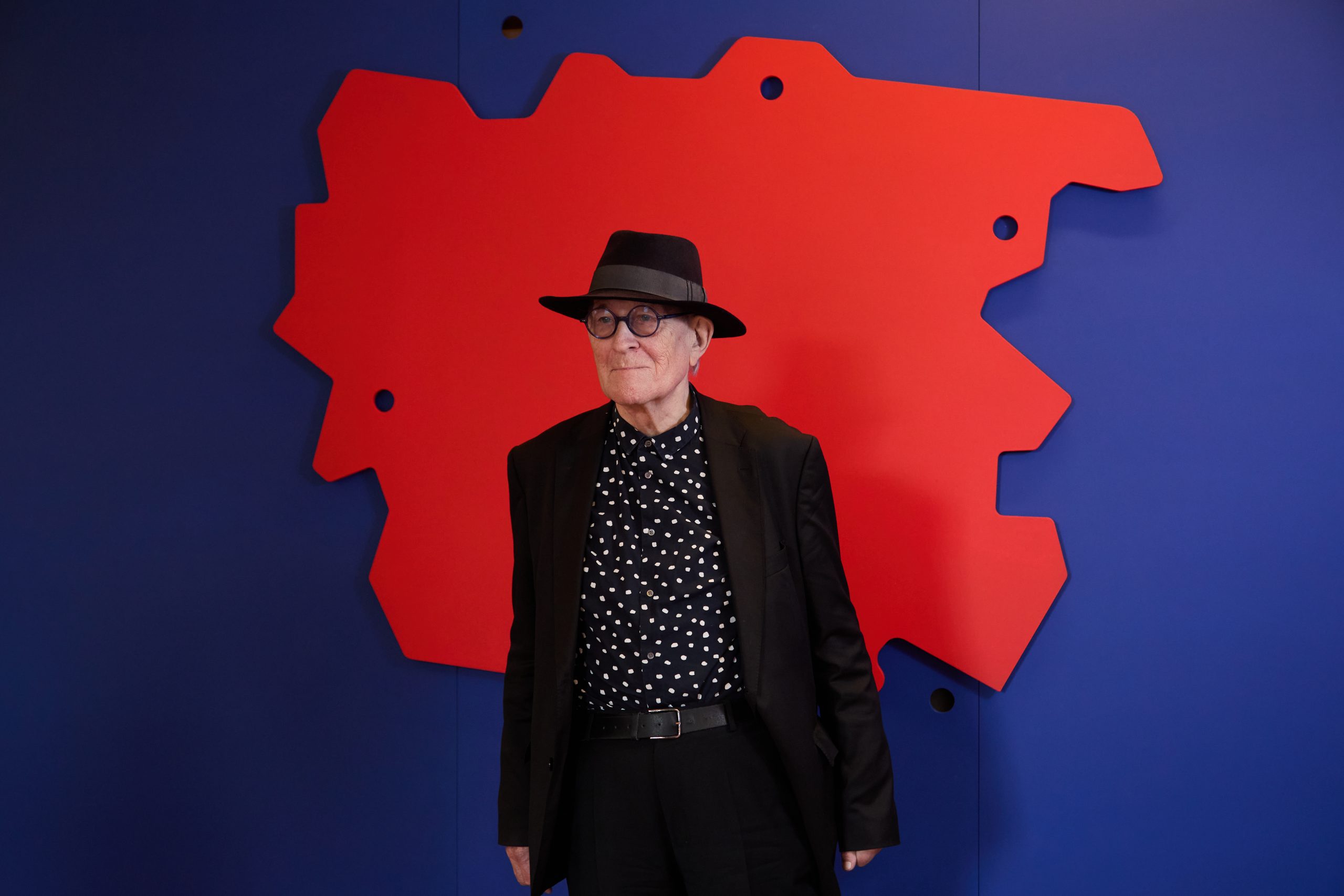 BA Architecture •
BA Architecture •Norwich University of the Arts presents the Peter Cook: Wonder Hub
Norwich University has launched the Peter Cook: Wonder Hub, a vibrant and interactive space for thinking, making, showcasing and debating the creative arts. -
 BA Graphic Communication •
BA Graphic Communication •Norwich students celebrate success at 2025 Creative Conscience Awards
Students from Norwich University of the Arts have been recognised across categories in this year’s awards, which showcase work focusing on social or environmental impact -
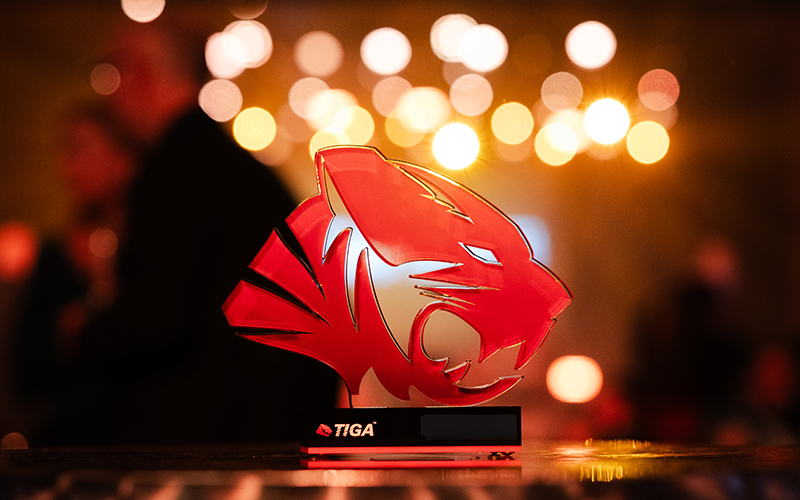 BA Games Art and Design •
BA Games Art and Design •Norwich graduates recognised at TIGA UK Games Education Awards
Charlie O'Shea, BA (Hons) Games Art and Design has been named 'Outstanding TIGA Graduate of the Year: Designer' -
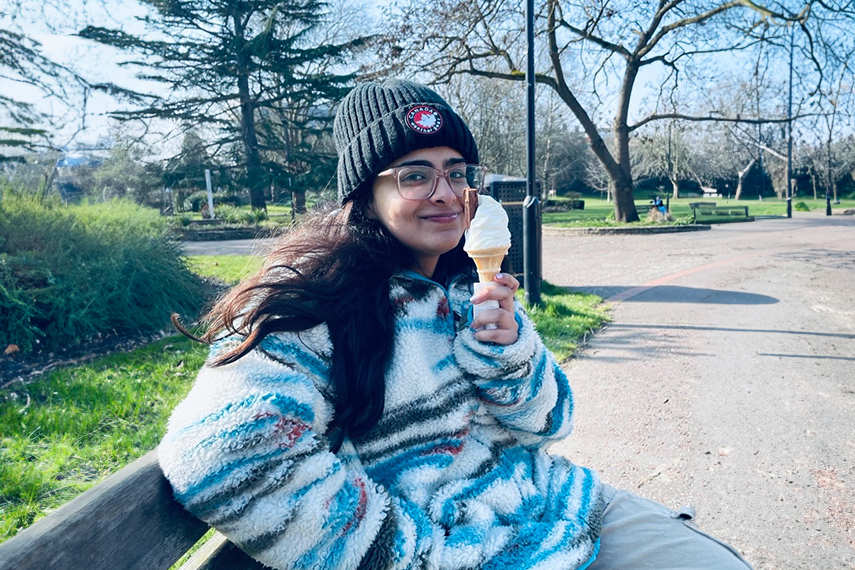 BA Film and Moving Image Production •
BA Film and Moving Image Production •Dear future international students – Diya Vaya, BA (Hons) Film and Moving Image Production
Diya writes about the experience of moving to Norwich from Nairobi, and her advice to future international students. -
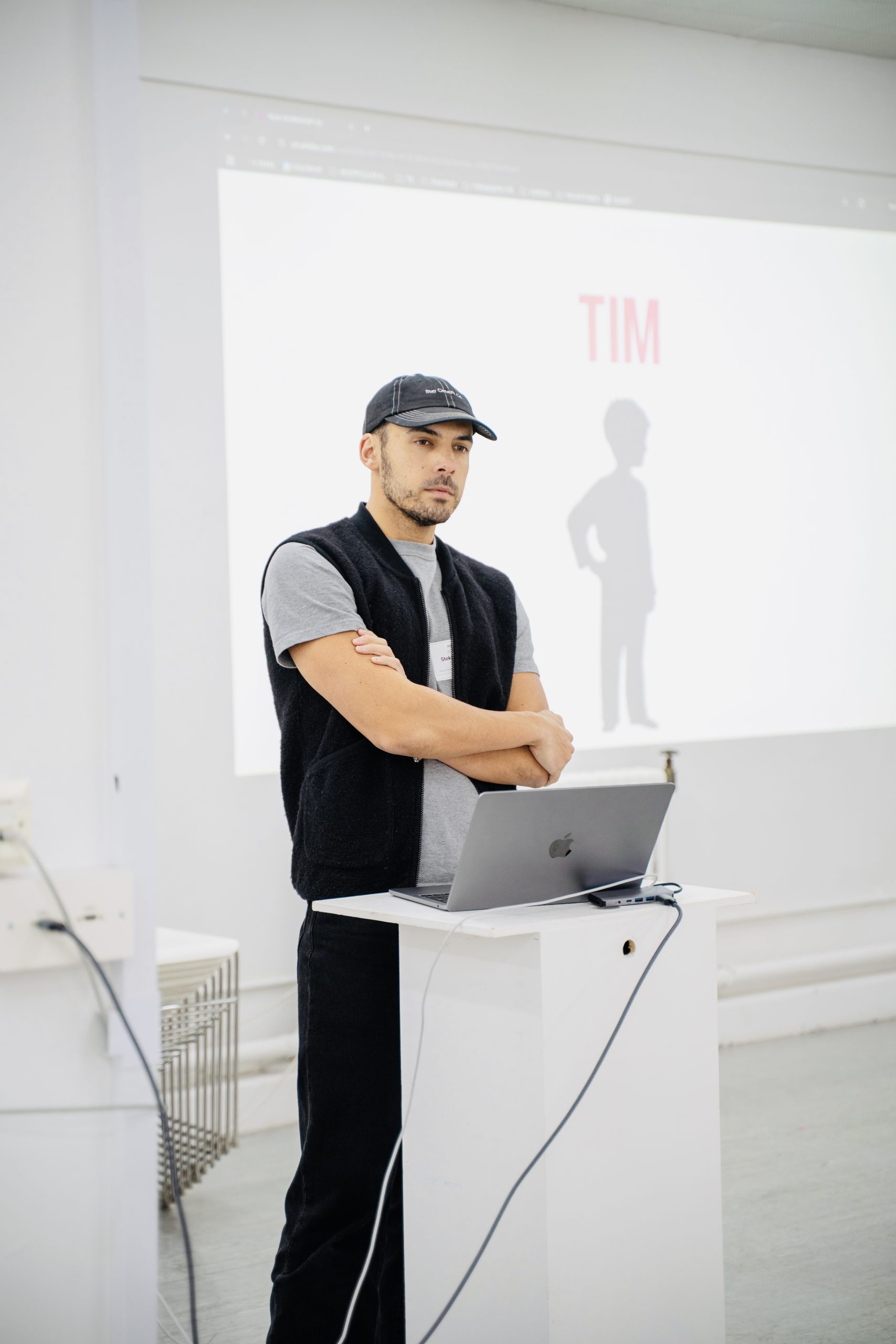 Course •
Course •Inside Interchange Week with Stokely Howard of Trendy Grandad
Stokely Howard, Co-Founder and Creative Director of video production company Trendy Grandad, shares his reflections on Norwich’s cross-course collaboration week. -
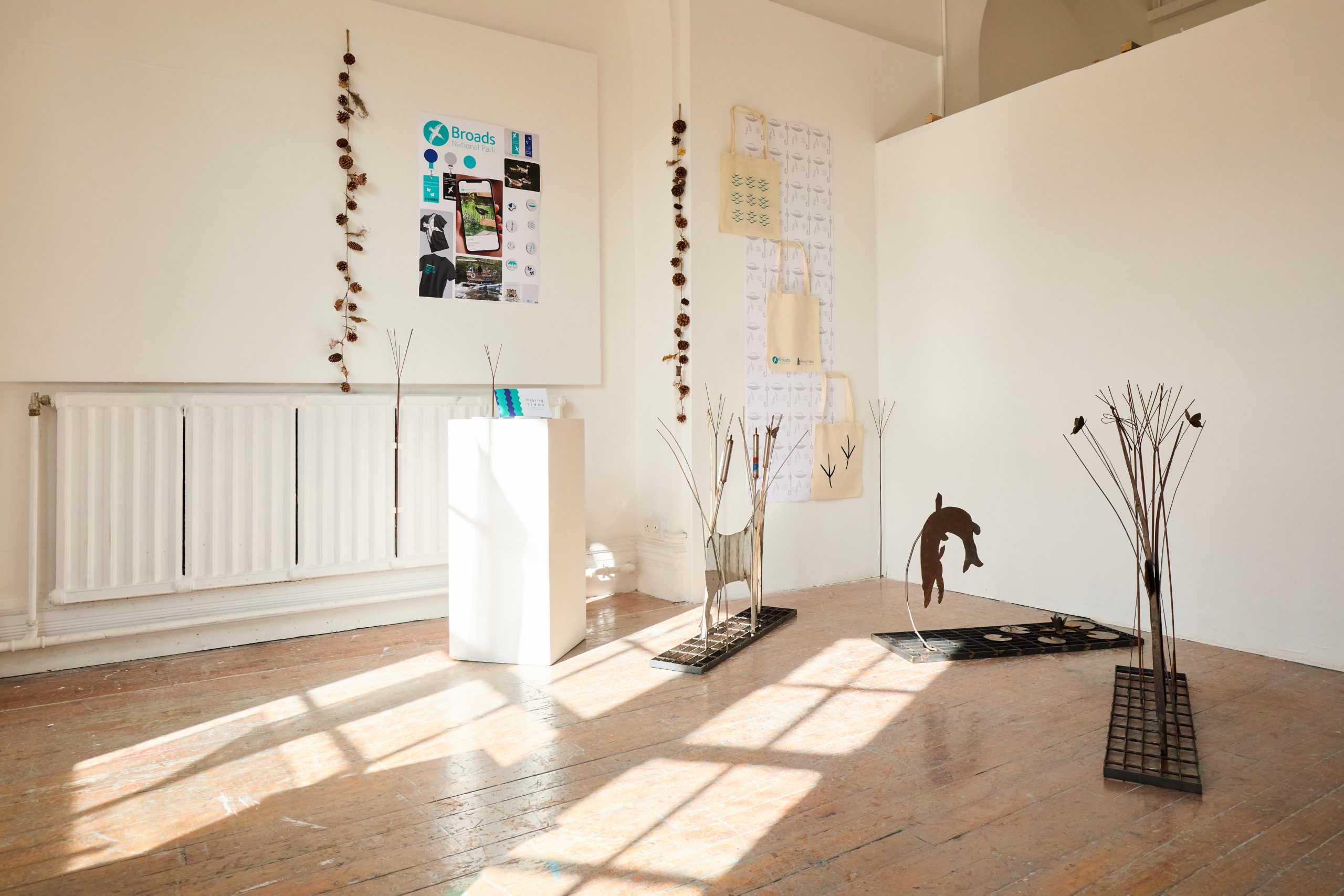 MA Communication Design •
MA Communication Design •Norwich announces Sustainability Award winners at Postgrad Festival 2025
Norwich University of the Arts' Sustainability Awards celebrate students’ commitment to sustainable and ethical practice. -
 Research •
Research •Shape Shift Converse Rework: Authentic co-creation of art in mental health settings
Exploring the story, impact and legacy of the Rivers Centre Project at Hellesdon Hospital. -
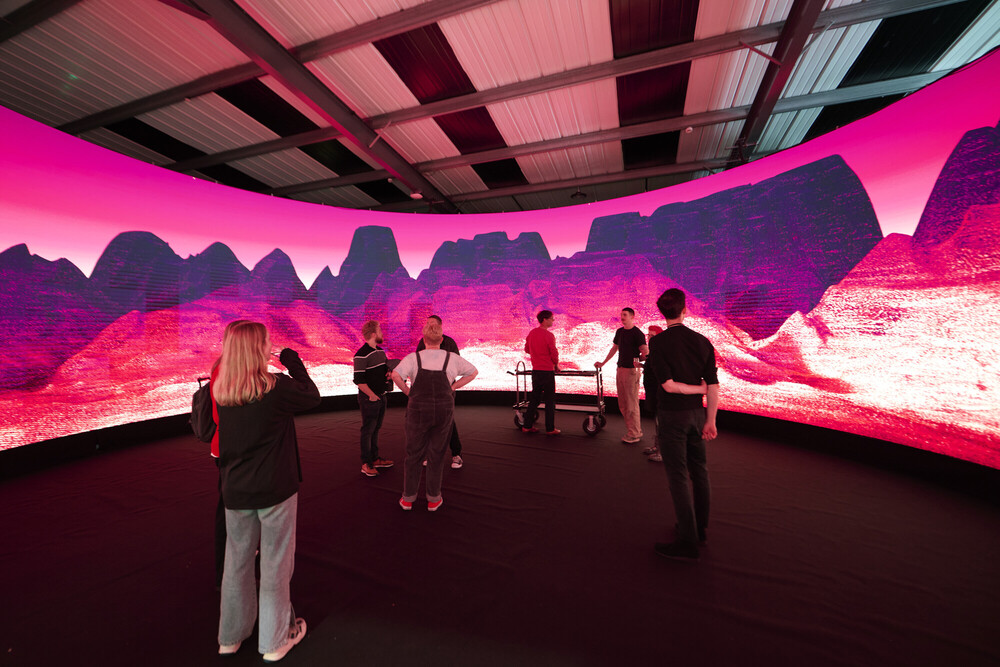 Institution •
Institution •Norwich University of the Arts Makes Historic Debut in Main Guardian University Guide
Norwich University of the Arts has marked a historic milestone, with its first-ever appearance in the Guardian University Guide’s national rankings. -
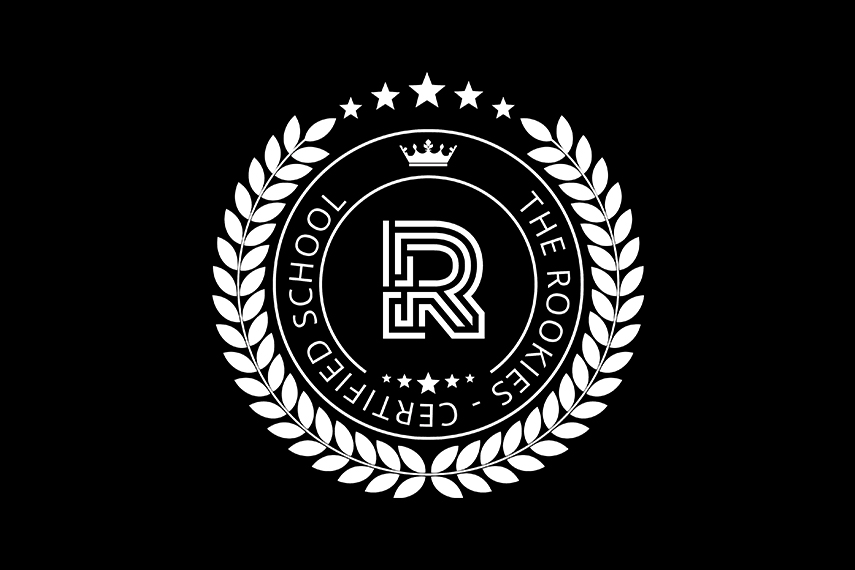 BA Animation •
BA Animation •Norwich University of the Arts celebrates becoming a Rookies Certified School
Norwich University of the Arts has been named as a Rookies Certified School.
Related courses
Discover our courses and take the first step towards unleashing your potential
-
Visit the Creative Technology and Robotics BSc (Hons) course page
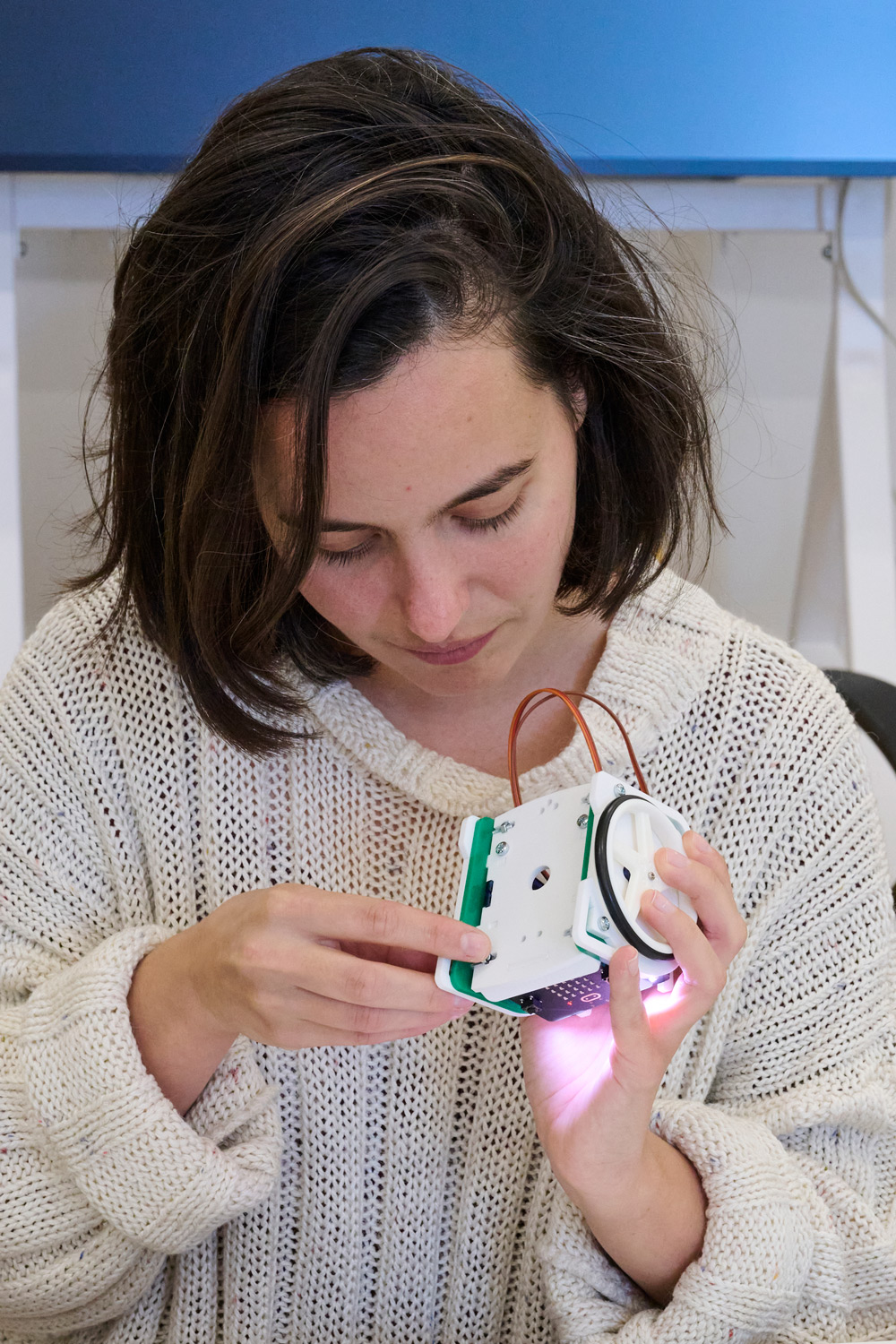
- Filter courses by study level: Undergraduate
- Filter courses by duration: Full time
- Filter courses by start month: September
- Filter courses by subject: Creative Technology and Robotics
Creative Technology and Robotics BSc (Hons)
Open the door to a career in physical tech. Build new skills that combine making with computer programming and creative flair.
-
Visit the User Experience Design BSc (Hons) course page
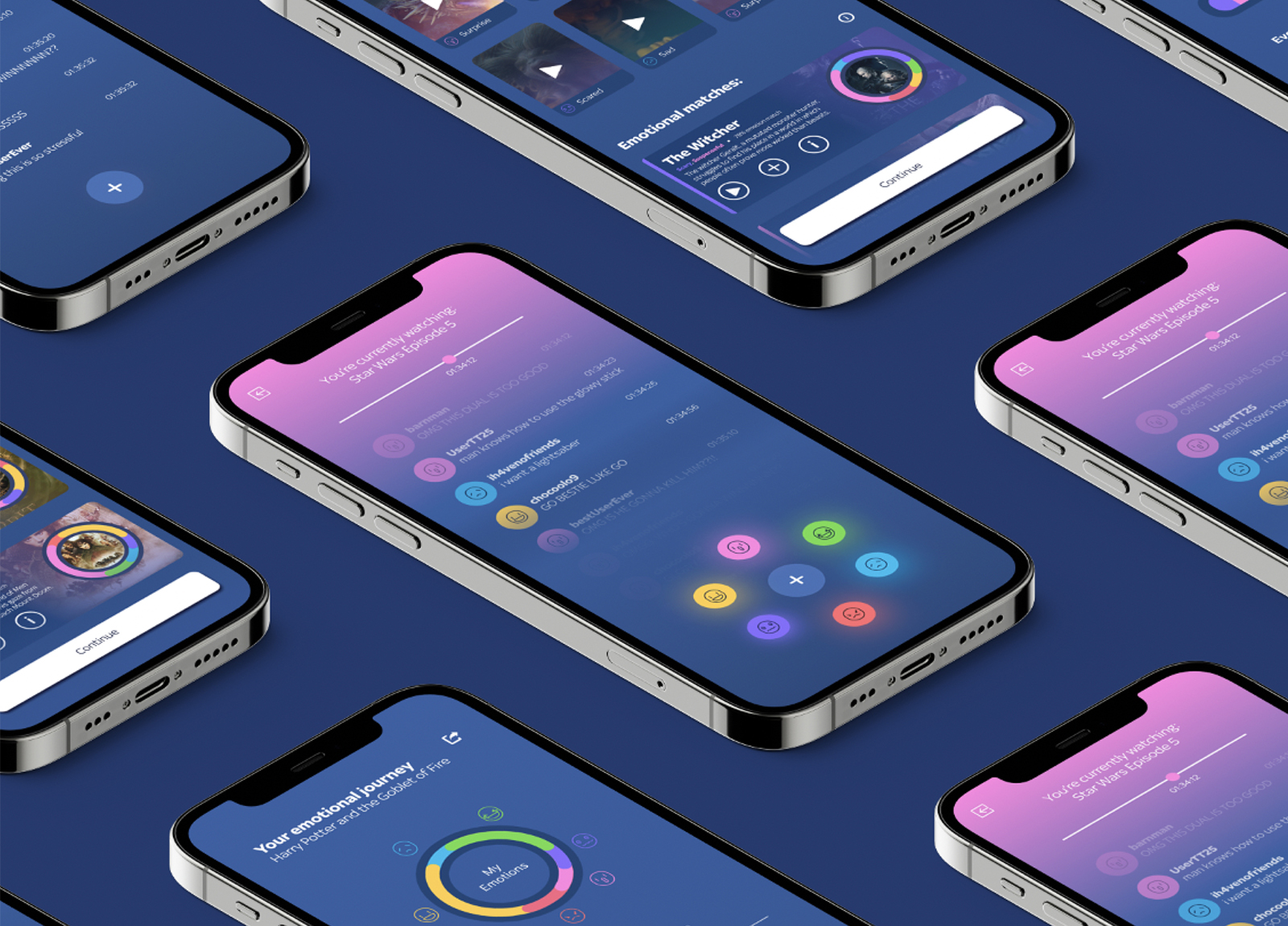
- Filter courses by study level: Undergraduate
- Filter courses by duration: Full time
- Filter courses by start month: September
- Filter courses by subject: User Experience Design
User Experience Design BSc (Hons)
Want to shape how people engage with the ever-evolving digital world? And understand the different ways users experience a design?
